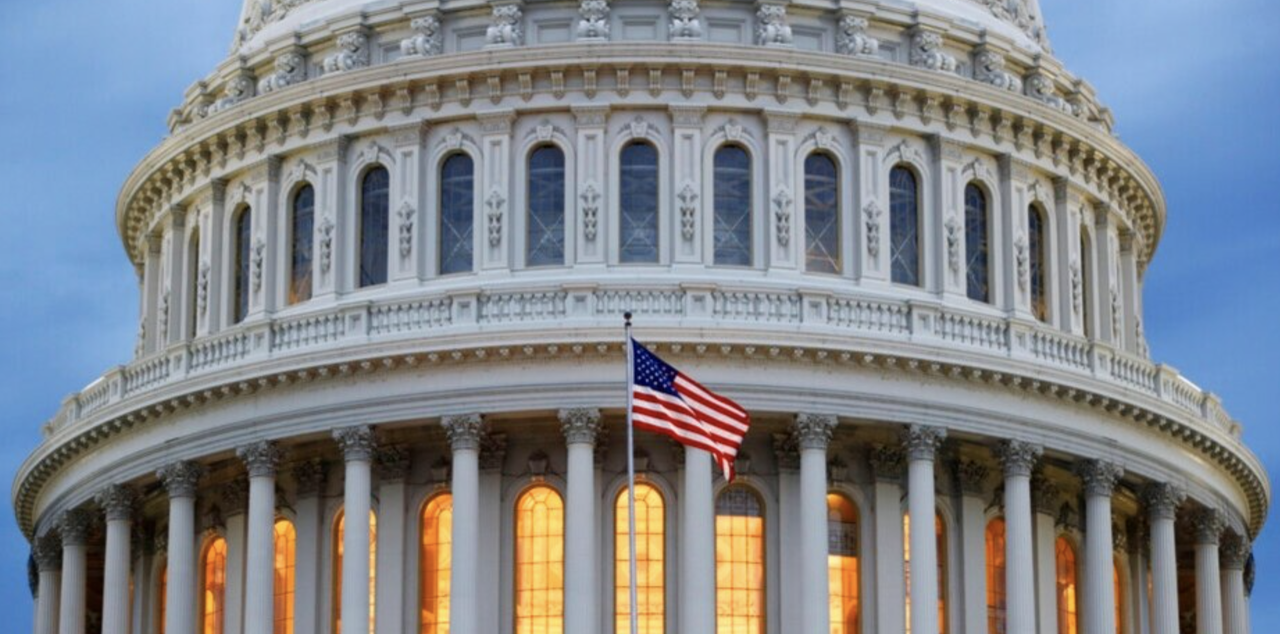Last week, the US Senate embarked on a crucial discussion surrounding the regulation of artificial intelligence (AI). As we progressively step into a future dominated by AI, it’s essential to strike a balance between fostering innovation and ensuring consumer protection and accountability.
The most notable takeaway from the hearing was the unusual harmony shared between industry representatives and lawmakers. Big tech representatives, led by OpenAI CEO Sam Altman, exhibited a surprising willingness for AI regulation. Yet, this camaraderie sparked concerns about regulatory capture, which could lead to industry giants dictating the rules, potentially disadvantaging smaller firms and leading to weak regulations.
Critics, including AI Now Institute’s Sarah Myers West, argue that the proposed licensing system for AI development could turn into a superficial checkbox exercise, allowing companies to continue unchecked as long as they possess a license. Others fear that this approach could consolidate power in the hands of a few, slowing down progress and undermining fairness and transparency.
However, some experts advocate a blend of self-regulation and top-down regulation. AI ethicist Margaret Mitchell proposes individual rather than corporate licensing to help incorporate ‚responsible AI‘ into a legal structure. But she also highlights the need for regulatory standards that cannot be exploited for companies‘ advantage.
A noteworthy aspect of the hearings was the emphasis on potential future harm of AI technologies, often overshadowing the known and ongoing issues, such as bias in facial recognition. It is paramount that regulators address these immediate concerns without getting overly preoccupied with future problems.
Navigating the AI regulation landscape is undoubtedly complex, requiring a balanced and strategic approach. A combination of self-regulation, government oversight, and potentially an individual licensing system could help shape an effective AI governance model.
The forthcoming EU’s AI Act could serve as a useful reference. It classifies AI systems based on their level of risk and has clear prohibitions on known harmful AI use-cases, marking a significant step towards meaningful accountability.
The recent Senate hearings have initiated much-needed discussions on AI regulation. The challenge now lies in aligning technology policy with the evolving AI landscape. The tech industry is known for its rapid pace; it’s essential that policy doesn’t lag far behind. We need to revamp the rulebook to ensure it captures the nuances of AI and upholds a fair, accountable, and innovative society.
